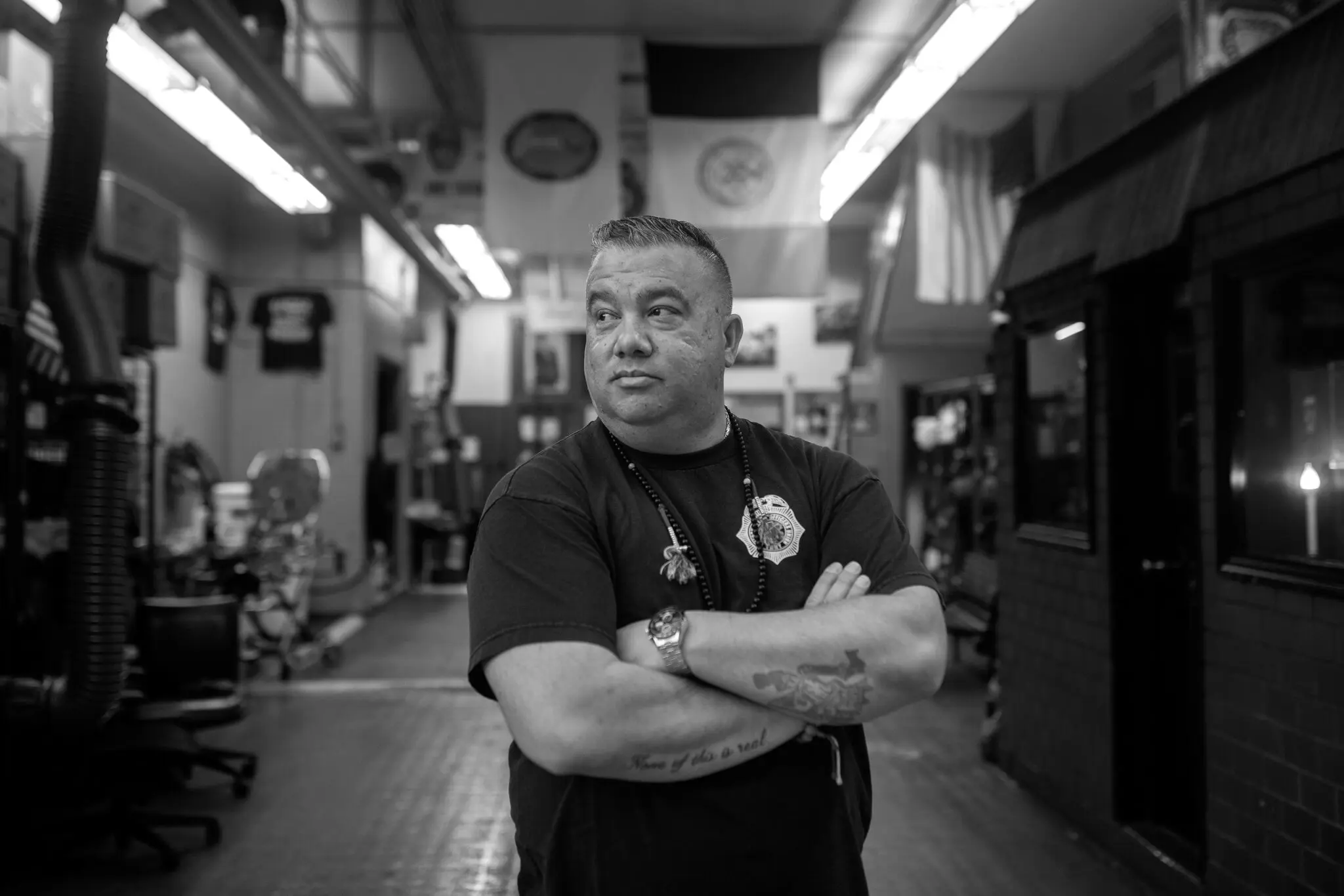Courtesy of The New York Times
Dec. 7, 2022
OPINION | GUEST ESSAY
By Anthony Almojera
I’m an N.Y.C. Paramedic. I’ve Never Witnessed a Mental Health Crisis Like This One.
There are New Yorkers who rant on street corners and slump on sidewalks beside overloaded pushcarts. They can be friendly or angry or distrustful. To me and my colleagues, they’re patients.
I’m a lieutenant paramedic with the Fire Department’s Bureau of Emergency Medical Services, and it’s rare to go a day without a call to help a mentally ill New Yorker. Medical responders are often their first, or only, point of contact with the chain of health professionals who should be treating them. We know their names and their routines, their delusions, even their birthdays.
It is a sad, scattered community. And it has mushroomed. In nearly 20 years as a medical responder, I’ve never witnessed a mental health crisis like the one New York is currently experiencing. During the last week of November, 911 dispatchers received on average 425 calls a day for “emotionally disturbed persons,” or E.D.P.s. Even in the decade before the pandemic, those calls had almost doubled. E.D.P.s are people who have fallen through the cracks of a chronically underfunded mental health system, a house of cards built on sand that the Covid pandemic crushed.
Now Mayor Eric Adams wants medical responders and police officers to force more mentally ill people in distress into care. I get it: They desperately need professional help and somewhere safe to sleep and to get a meal. Forceful action makes for splashy headlines.
People with mental health challenges can be victims of violence. I’m also painfully aware of the danger people with serious mental illness and without access to treatment can pose to the public. Assaults on E.M.S. workers in the New York City Fire Department have steadily increased year over year. Our medical responders have been bitten, beaten and chased by unstable patients. A man who reportedly suffers from schizophrenia has been charged with fatally stabbing a colleague of mine, Capt. Alison Russo-Elling, in Queens on Sept. 29.
But dispatching medical responders to wrangle mentally disturbed people living on the street and ferry them to overcrowded psychiatric facilities is not the answer.
For one thing, the mayor is shifting more responsibility for a systemic crisis to an overworked medical corps burned out from years of low pay and the strain of the pandemic. Many E.M.S. workers are suffering from depression and lack adequate professional mental health support, much like the patients we treat. Several members of the Fire Department’s Emergency Medical Services have died by suicide since the pandemic began, and hundreds have quit or retired. Many of us who are still working are stretched to the breaking point.
I’ve gone down the road of despair myself. The spring and fall of 2020 left me so empty, exhausted and sleepless that I thought about suicide, too. Our ambulances are simply the entrance to a broken pipeline. We have burned down the house of mental health in this city, and the people you see on the street are the survivors who staggered from the ashes.
Read the full story here.




